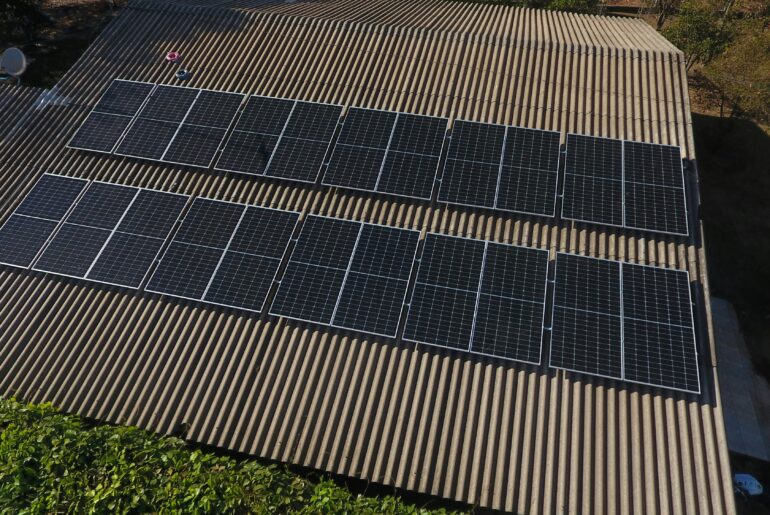Every green thumb knows that a garden is more than just a pleasant outdoor space. It’s a labor of love, a haven of biodiversity, and an ever-evolving testament to patience and care. In recent years, many gardening enthusiasts have been looking for ways to make their gardens more sustainable. If you’re one of them, we’ve got some fantastic news for you – sustainable gardening doesn’t have to break the bank.
Sustainable gardening involves methods that are environmentally friendly, making use of natural resources, and ensuring the overall health of your garden. With a few budget-friendly tips and tricks, you can make your garden more sustainable and vibrant than ever before.
Composting: A Zero-Cost Fertilizer
First on the list is composting. It’s a garden’s best friend and a surefire way to give back to nature. Composting is a process where organic waste decomposes naturally, turning your kitchen scraps into nutrient-rich soil. It reduces waste and also provides your plants with natural, homemade fertilizer. All you need is a compost bin or a designated spot in your garden, and you’re all set.
Collect and Conserve Rainwater
Water is a precious resource, and gardens can be thirsty. A great way to conserve water is by installing a rain barrel or using containers to collect rainwater. Your plants will love the natural, untreated water, and you’ll love the decrease in your water bill. It’s a win-win situation!
Plant Native Species
Plants native to your area are adapted to the local climate and soil conditions, making them more resilient and requiring less maintenance and watering than exotic species. They are also more likely to attract and support local wildlife, contributing to local biodiversity. Check with your local nursery or gardening club to find out which plants are native to your area.
Mulch Your Garden
Mulch is an essential component of sustainable gardening. It helps retain soil moisture, suppress weeds, and gradually improves soil health. You can create mulch by shredding leaves, grass clippings, or wood chips. By covering your garden beds with mulch, you’re not only enhancing its look but also its sustainability.
DIY Pest Control
Instead of reaching for chemical-laden pesticides, consider natural alternatives to control pests in your garden. Plant marigolds to repel insects, introduce ladybugs to control aphids, or use homemade sprays made from common household ingredients like garlic or hot pepper. Remember, not all insects are harmful, so try to maintain a balanced ecosystem in your garden.
Create a Garden Plan
A well-planned garden is a sustainable garden. Consider your garden’s sun and shade areas, the size and growth patterns of your plants, and the changing seasons. Planting perennials that return year after year can save money over time. Additionally, planting vegetables and herbs can yield fresh produce and help cut down your grocery bill.
Share and Swap
Gardening is a community activity. Share seeds, cuttings, or excess produce with your neighbors, friends, or local gardening clubs. It’s an excellent way to diversify your garden without spending extra money, and it helps create a sense of community.
Sustainable gardening goes beyond simply growing plants. It’s about cultivating an environment that thrives in harmony with nature. By composting, conserving water, planting native species, using mulch, applying DIY pest control, planning your garden, and sharing with others, you’re not just making your garden more sustainable – you’re helping the planet.
In the words of Audrey Hepburn, “To plant a garden is to believe in tomorrow.” So, let’s believe in a tomorrow where our gardens aren’t just beautiful to look at but also kind to our planet. Because the best time to plant a tree was 20 years ago, and the second best time? Right now.




